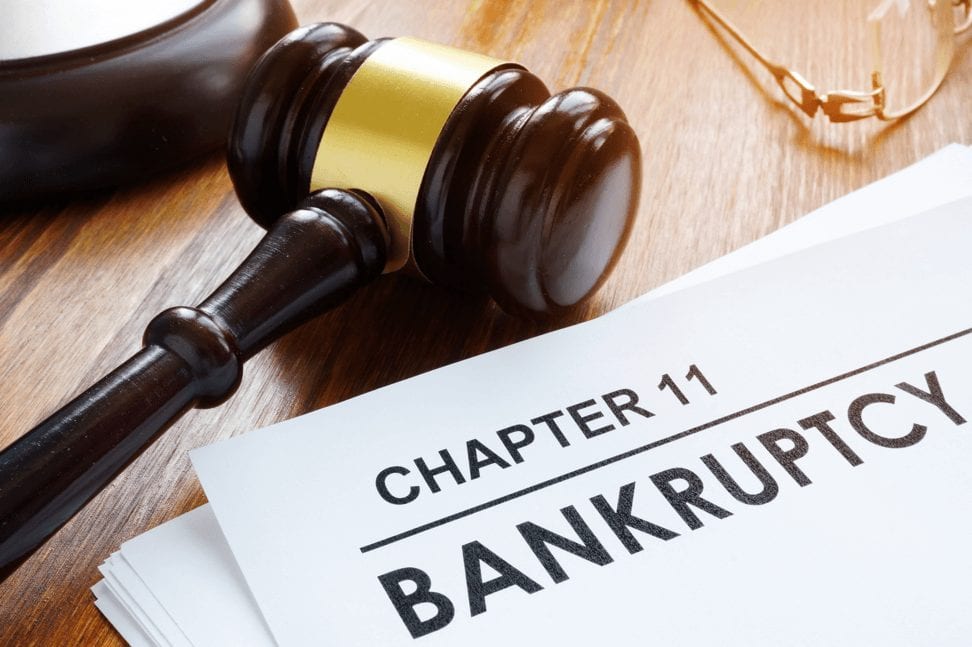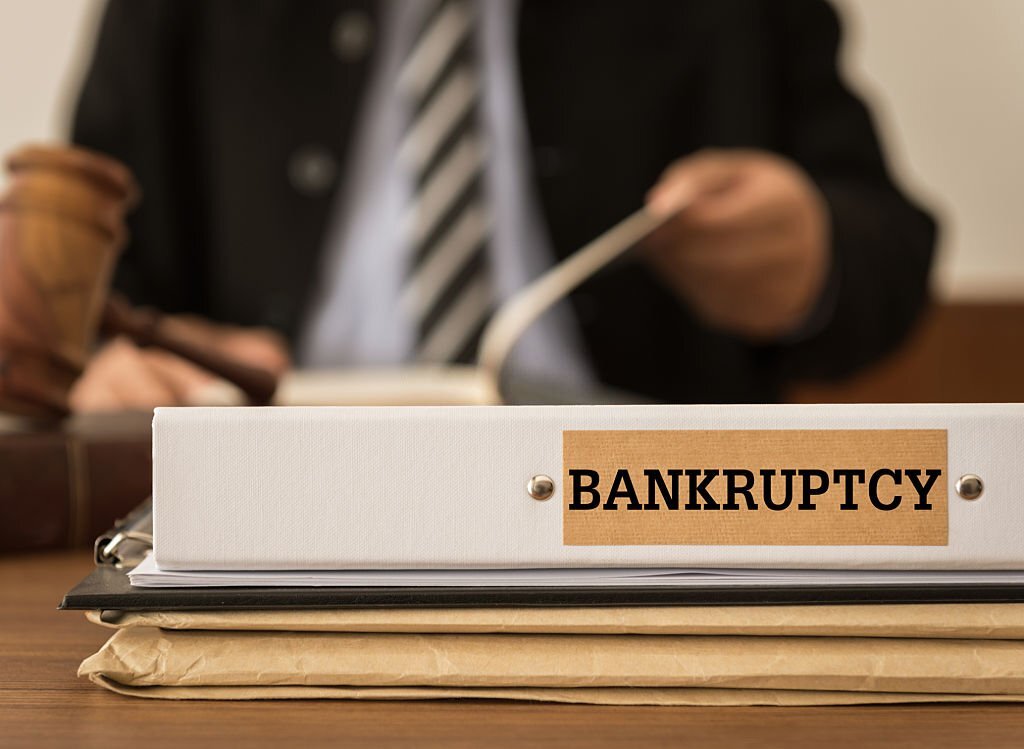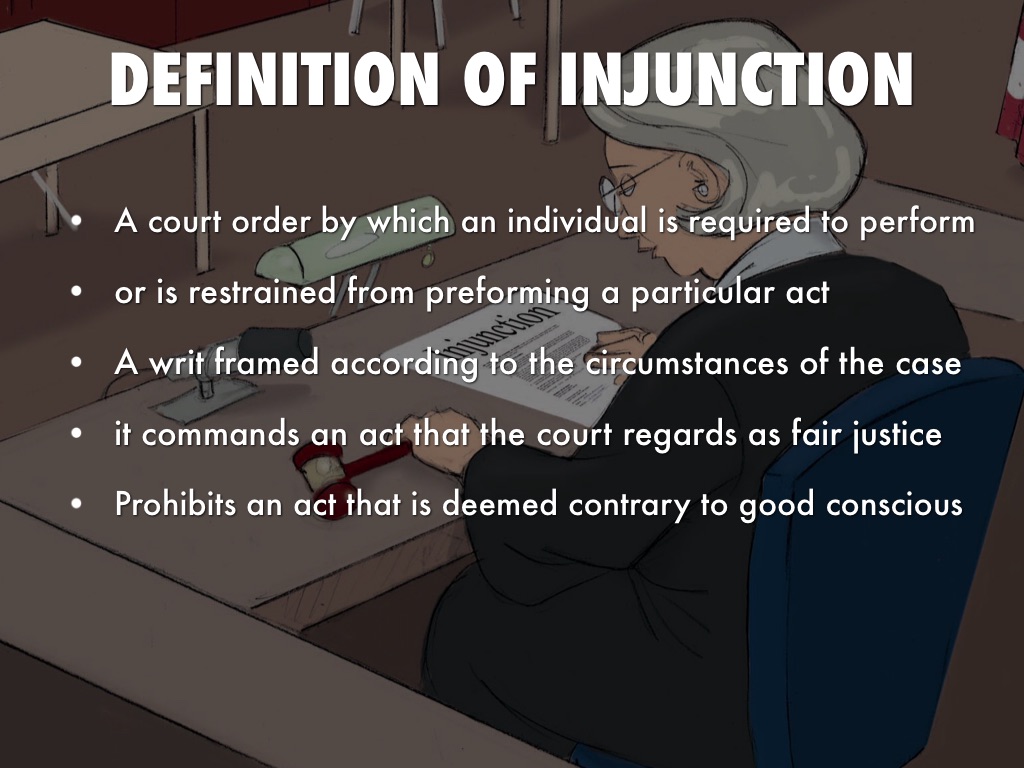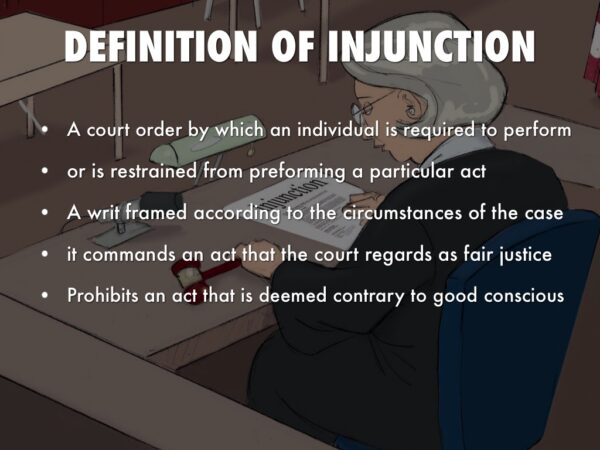
Understanding Chapter 11 Bankruptcy

Chapter 11 bankruptcy is a legal proceeding that allows a debtor to reorganize its debts and continue operating as a going concern. It is a complex and time-consuming process, but it can be a valuable tool for businesses that are facing financial difficulties.
The purpose of Chapter 11 bankruptcy is to allow a debtor to restructure its debts and regain financial stability. This can be done through a variety of means, such as negotiating with creditors to reduce the amount of debt owed, selling off assets to generate cash, or reorganizing the business’s operations to improve profitability.
Key Benefits of Filing for Chapter 11 Bankruptcy
- Automatic stay: When a debtor files for Chapter 11 bankruptcy, it receives an automatic stay that prevents creditors from taking any action to collect their debts. This can give the debtor time to reorganize its finances and develop a plan to pay off its creditors.
- Protection from lawsuits: Chapter 11 bankruptcy also provides protection from lawsuits. This can give the debtor time to focus on its reorganization efforts without having to worry about being sued by creditors.
- Ability to continue operating: Unlike Chapter 7 bankruptcy, which liquidates a debtor’s assets and distributes the proceeds to creditors, Chapter 11 bankruptcy allows a debtor to continue operating as a going concern. This can be important for businesses that want to preserve their customer base and their employees.
Role of a Chapter 11 Lawyer

A Chapter 11 lawyer is a legal professional who specializes in representing debtors in Chapter 11 bankruptcy proceedings. They provide guidance and assistance to debtors throughout the bankruptcy process, ensuring their rights are protected and their interests are represented.
Chapter 11 bankruptcy is a complex and challenging legal process. A Chapter 11 lawyer can assist debtors in navigating the legal complexities of bankruptcy, including:
- Preparing and filing bankruptcy petitions
- Negotiating with creditors
- Developing and implementing reorganization plans
- Representing debtors in bankruptcy court
Legal representation is crucial in Chapter 11 bankruptcy. A Chapter 11 lawyer can provide debtors with the following benefits:
- Protection of rights: A Chapter 11 lawyer can ensure that debtors’ rights are protected throughout the bankruptcy process.
- Guidance and advice: A Chapter 11 lawyer can provide debtors with expert guidance and advice on all aspects of bankruptcy law.
- Negotiation skills: A Chapter 11 lawyer can negotiate with creditors on behalf of debtors, helping them reach favorable agreements.
- Representation in court: A Chapter 11 lawyer can represent debtors in bankruptcy court, ensuring their interests are represented and their rights are protected.
Choosing the Right Chapter 11 Lawyer
Selecting the right Chapter 11 lawyer is crucial for navigating the complex bankruptcy process successfully. Consider the following qualities when choosing an attorney:
Experience and Expertise
Experience in Chapter 11 bankruptcy is paramount. Seek a lawyer who has successfully handled similar cases, demonstrating a deep understanding of the legal and financial complexities involved.
The Chapter 11 Bankruptcy Process

Chapter 11 bankruptcy is a legal process that allows businesses and individuals to reorganize their finances and debts. The process is designed to give debtors a chance to get back on their feet and continue operating their businesses.
The Chapter 11 bankruptcy process can be complex and time-consuming. It typically involves the following steps:
- The debtor files a petition with the bankruptcy court.
- The court appoints a trustee to oversee the bankruptcy process.
- The debtor develops a reorganization plan.
- The creditors vote on the reorganization plan.
- The court confirms the reorganization plan.
- The debtor implements the reorganization plan.
Role of the Debtor
The debtor is the person or business that files for bankruptcy. The debtor has a number of responsibilities throughout the bankruptcy process, including:
- Filing a petition with the bankruptcy court.
- Providing the trustee with all necessary information.
- Developing a reorganization plan.
- Negotiating with creditors.
- Implementing the reorganization plan.
Role of Creditors
Creditors are the people or businesses that are owed money by the debtor. Creditors have a number of rights throughout the bankruptcy process, including:
- Receiving notice of the bankruptcy filing.
- Filing claims for their debts.
- Voting on the reorganization plan.
- Objecting to the reorganization plan.
Fees and Costs of Chapter 11 Bankruptcy
The process of filing for Chapter 11 bankruptcy involves various fees and costs. These expenses are crucial to cover the administrative and legal services necessary for the bankruptcy proceedings.
Fees are determined based on several factors, including the complexity of the case, the size of the debtor’s assets, and the time and effort required by the attorney. Chapter 11 bankruptcy fees typically include attorney fees, court fees, and administrative expenses.
Payment options for Chapter 11 bankruptcy fees may vary depending on the debtor’s financial situation. Some debtors may be able to pay fees upfront, while others may need to make arrangements for a payment plan.
Attorney Fees
Attorney fees constitute a significant portion of the costs associated with Chapter 11 bankruptcy. The fees are typically charged on an hourly basis and can vary widely depending on the attorney’s experience and the complexity of the case. It is important to discuss fee arrangements with an attorney upfront to avoid unexpected expenses.
Court Fees
In addition to attorney fees, debtors must also pay court fees associated with filing for Chapter 11 bankruptcy. These fees cover the costs of filing the petition, administrative expenses, and other court-related expenses.
Administrative Expenses
Administrative expenses in Chapter 11 bankruptcy cover various costs incurred during the bankruptcy process, such as accounting fees, appraisal fees, and other professional services. These expenses are essential for the administration and management of the bankruptcy estate.





